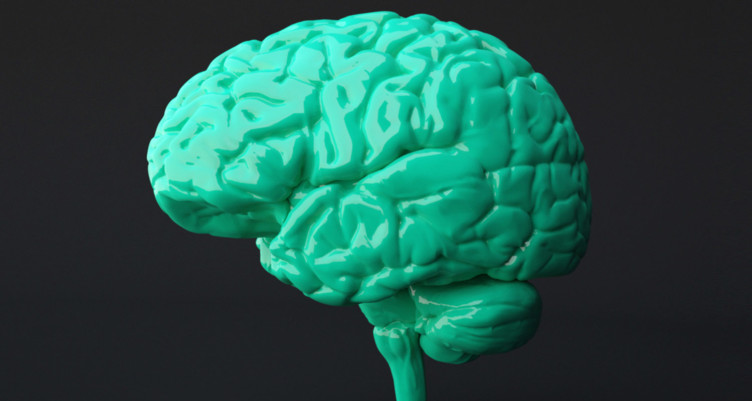It’s hard to pinpoint magnesium deficiency as the source of your troubles when the mineral is involved in so many seemingly unrelated functions in your body. Think about it: If you haven’t pooped in three days, you’re snapping at your kids and you keep losing your car keys, would you think that all of those trace back to the same thing — let alone low magnesium?
What’s more is that these symptoms aren’t always something doctors will treat. Constipated? Eat more fiber. For your temper, try meditation. If you’re forgetful, you’re told it’s all part of the normal aging process. In reality, a magnesium supplement might help all of this.
MAGNESIUM DEFICIENCY SYMPTOMS
Magnesium deficiency is one of those things that tricks doctors. It looks like a lot of other conditions, since magnesium is involved in so many of your body’s processes. If you’re deficient, and 80% of people are, the effects range from mildly annoying to serious.Here are the most common signs of low magnesium:
- Fatigue
- Aches and pains
- Mood problems
- Muscle cramps
- Migraines
- PMS
- Irregular sleep patterns and insomnia
- Heart irregularities
- Muscle twitches and spasms
- Anxiety
- Digestive trouble
- Lack of appetite
- Constipation
- Brain fog
- Memory problems
- Depression
- ADHD
The tricky thing is, you can have a magnesium deficiency and display some of these symptoms, but you may have no noticeable symptoms at all. From heart arrhythmias to major depression, ignoring the signs isn’t worth the gamble — especially when magnesium is one of the cheapest, most abundant supplements you can get.
Here’s how to find out if your symptoms are the result of a magnesium deficiency.
HOW TO TEST FOR MAGNESIUM DEFICIENCY

If you’ve tested your magnesium, chances are, you got the wrong test. Blood tests for magnesium aren’t the most accurate, since your body stores over half of its magnesium in the bones and soft tissues. So, you’ll need to test your intracellular magnesium levels, not your serum magnesium.
The test you want is called the magnesium RBC test. This test measures the amount of magnesium stored in your red blood cells, which gives you an indication of how much magnesium your body has in reserves in your bones and soft tissues.
OPTIMAL MAGNESIUM RANGE
If your results fall below 6.0 mg/dl, you’ll want to supplement. If they’re measured in mmol/L, multiply that number by 2.43 to get mg/dl, and see how close you are to 6.0. This is a functional level. Most labs report a “normal” range, but since everyone’s requirements can vary, work with your doctor to interpret your results.
It’s a good idea to check your vitamin D levels while you’re at it, since magnesium and vitamin D depend on each other for function and absorption. Or, you can go ahead and supplement vitamin D now because most people don’t get enough .
If you find out that you’re low on magnesium, keep reading for more information on how magnesium affects your body and the best way to handle each symptom.
The bottom line: The best test for magnesium deficiency is the magnesium RBC test. Consult with your doctor to determine whether the results are “normal” for you. Oh, and take vitamin D since it works with magnesium, and you’re likely deficient.
MAGNESIUM FOR MOOD, CONCENTRATION AND SLEEP

Regulation of moods, how clearly you think and how well you sleep all happen in the brain. On the microscopic level, you can see an intricate network of electrical wires in your neural tissues. Your brain works and communicates through teeny electrical impulses, firing all day, every day.
Wavering moods, mental clarity, attention problems and anxiety seem like distinct conditions, but they all have a common thread: They signal that the mitochondria (the structures that power your cells) in your brain are struggling.
Turns out, the availability and balance of magnesium determines how much energy your mitochondria make.[7] The available energy in your brain determines how clearly you think, how intensely you can focus, how calm or anxious you feel, how happy you feel and how you respond to stress. Having adequate amounts of magnesium will help regulate all of these issues.
The bottom line: A lack of magnesium can lead to low cellular energy in your brain, which can make you moody, foggy-brained and anxious.
FOODS WITH MAGNESIUM FOR MOOD AND MEMORY

Foods that contain magnesium along with tryptophan offer a dual-angle approach to enhancing mood and mental clarity. Tryptophan is a precursor to serotonin, the brain chemical that makes you feel happy, focused and calm. Foods that contain both magnesium and tryptophan include:
- Dark chocolate
- Spirulina
- Salmon
- Spinach
- Nuts and seeds (sunflower seeds, cashews, flaxseed)
- Bananas
- Avocados
The bottom line: Tryptophan is a precursor to serotonin, which enhances mood and mental clarity. Eat foods with both tryptophan and magnesium to support your mood and get a mental boost.